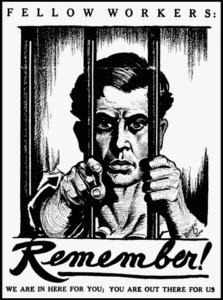 —————
—————
Hellraisers Journal – Saturday March 7, 1914
New York City – Police Attack and Arrest Unemployed Men Seeking Shelter
200 Unemployed Men Held after Arrests
at St. Alphonsus’ Catholic Church

Some 200 unemployed men were arrested during a blizzard on the night of March 4th as they sought shelter at St. Alphonsus’ Catholic Church. Frank Tannenbaum is being held on a felony charge with his bail fixed at $5,000. The others could be bailed out at the cost of $1000 each, were that amount available. The men are being held at four different prison: the Tombs, Jefferson Market, West 57th Street, and West 53rd Street.
At the Jefferson Market prison, the men are being kept in a large pen without cots and with only eight blankets for 50 men. Conditions at West 57th are much the same. At the Tombs and the West 53rd Street prison, the men have been crowded five and six to cell, and are being kept in unsanitary conditions described as vile.
Mary Heaton Vorse explains how the arrests came about:
Frank Tannenbaum, [Frank Strawn] Hamilton and [Charles] Plunkett had asked Father Schneider of St. Alphonsus if they might have shelter in his church. Father Schneider had refused on the ground that the Blessed Sacrament of the Body of our Lord was exposed and it would be sacrilege to allow men to sleep in the church at such a time.
The crowd of unemployed had not understood their instruction to wait outside and had started going inside to sit down in the back seats. A police officer told Tannenbaum to go into the church and bring the men out. Tannenbaum obeyed. The doors were closed and locked on him as soon as he went inside. The arrest followed before he could speak to the men. The papers had been told that the Catholic Church was going to stand for no nonsense and there was a battery of reporters and cameramen ready for the trouble.
It so happens that the newly formed Labor Defense Conference was holding its first meeting at the home of Mary Heaton Vorse and her husband, Joe O’Brien, the same night that the men were arrested. The Conference was organized by Big Bill Haywood of the Industrial Workers of World, and has attracted what Vorse calls “a strangely assorted group.” All of them are committed to defending workers, whether currently employed or not.
In the middle of the meeting, Heber Blankenhorn entered the room, and said, “We have your first case for you. Frank Tannenbaum and a crowd of two hundred men have just been arrested down at St. Alphonsus’.”
The Labor Defense Conference launched into action immediately. Justus Sheffield was contacted and will act as the attorney for men.
Note: Newsclip from New York Tribune of March 5, 1914

 —————
—————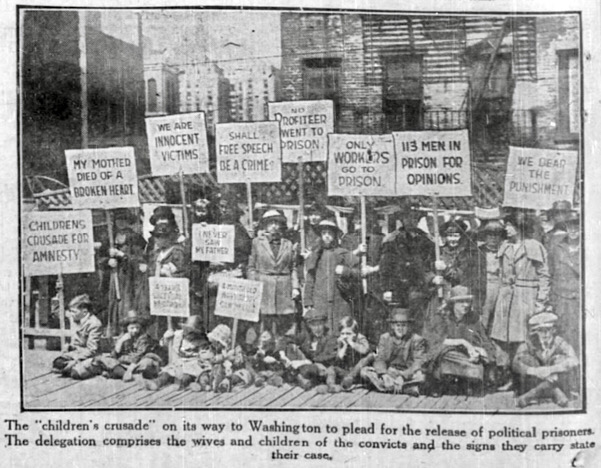
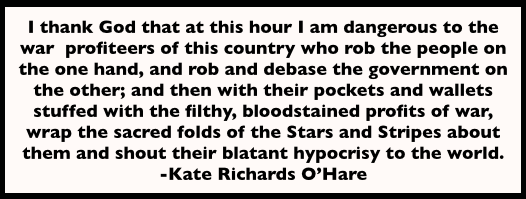 —————
—————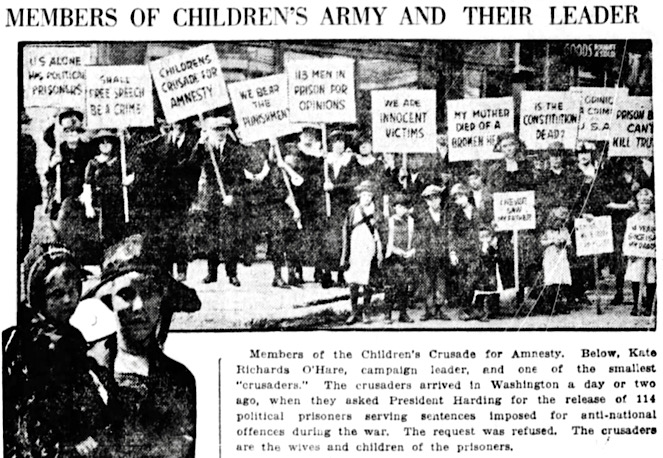
 —————
—————
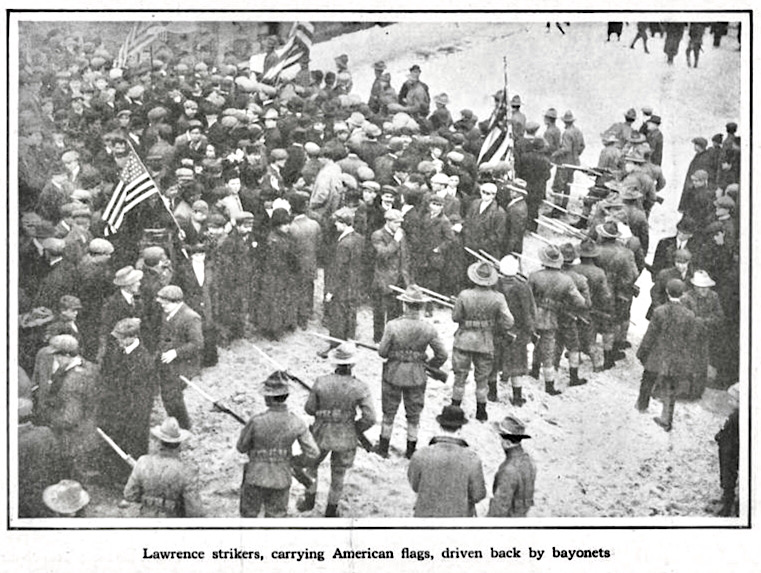
 —————
—————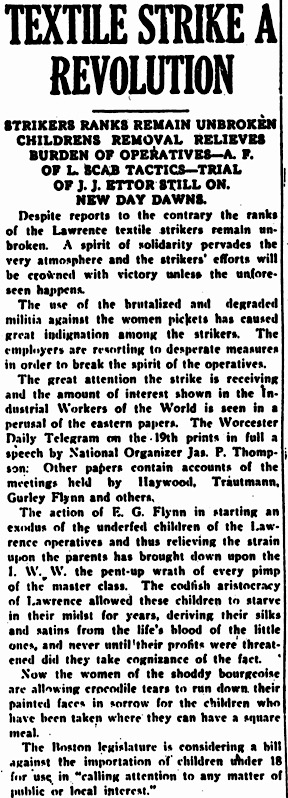
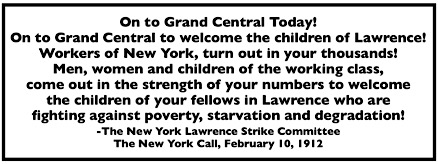 —————
—————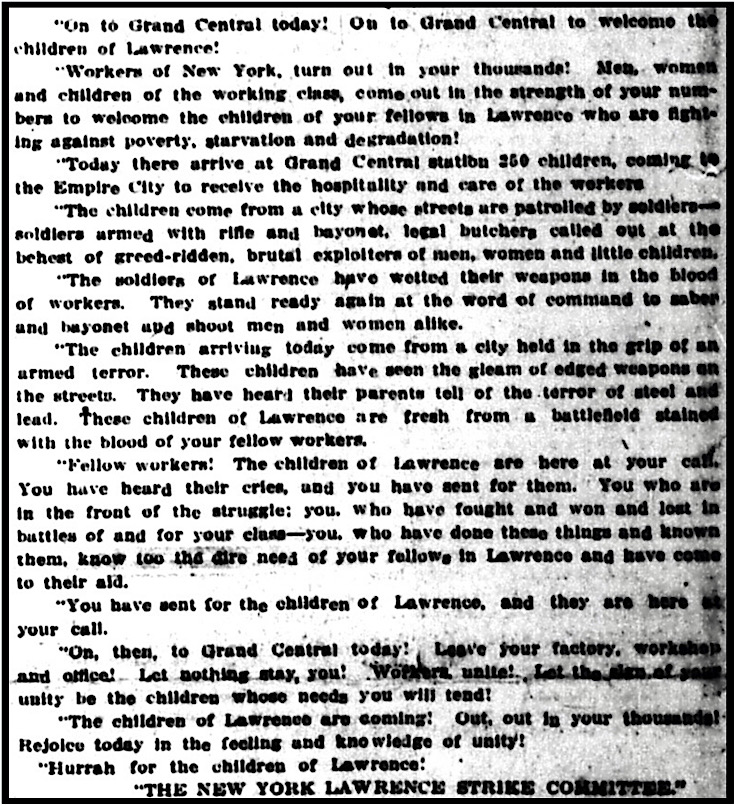
 ———-
———-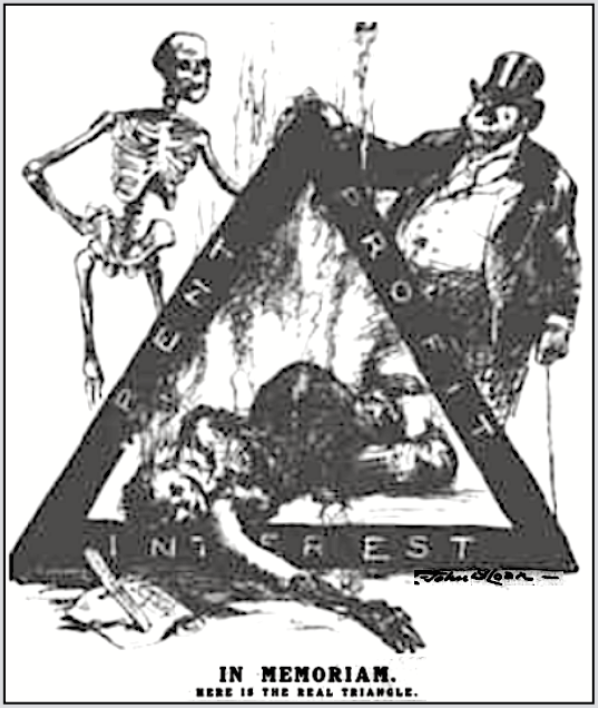
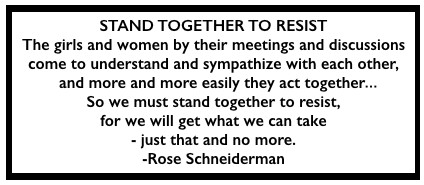 ———–
———–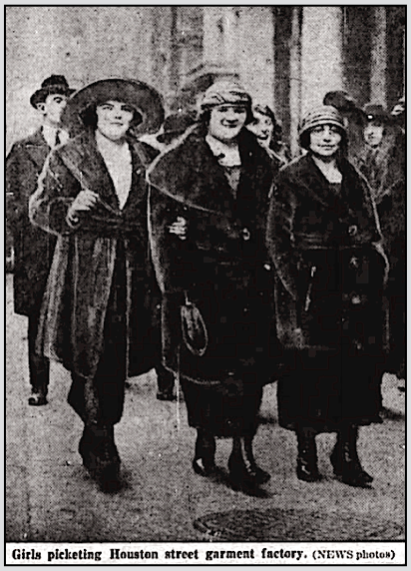
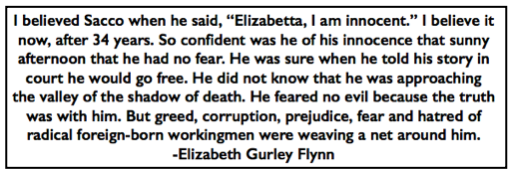 ———-
———-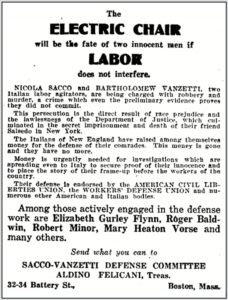 WE drove through the sweet New England towns on our way to the jail in Dedham , where Nicola Sacco has been sitting for six months , deprived of all occupation, waiting his trial.
WE drove through the sweet New England towns on our way to the jail in Dedham , where Nicola Sacco has been sitting for six months , deprived of all occupation, waiting his trial.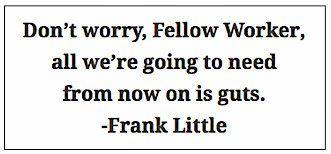 ———-
———-